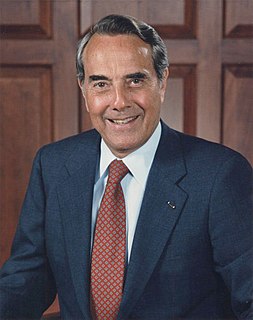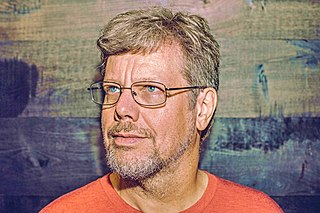A Quote by Philip Pullman
When it comes to telling children stories, they don’t need simple language. They need beautiful language.
Related Quotes
With all the divisive forces tearing at our country, we need the glue of language to help hold us together. If we want to ensure that all our children have the same opportunities in life, alternative language education should stop and English should be acknowledged once and for all as the official language of the United States.
Lying is the misuse of language. We know that. We need to remember that it works the other way round too. Even with the best intentions, language misused, language used stupidly, carelessly, brutally, language used wrongly, breeds lies, half-truths, confusion. In that sense you can say that grammar is morality. And it is in that sense that I say a writer's first duty is to use language well.
We believe we can also show that words do not have exactly the same psychic "weight" depending on whether they belong to the language of reverie or to the language of daylight life-to rested language or language under surveillance-to the language of natural poetry or to the language hammered out by authoritarian prosodies.
Language changes. If it does not change, like Latin it dies. But we need to be aware that as our language changes, so does our theology change, particularly if we are trying to manipulate language for a specific purpose. That is what is happening with our attempts at inclusive language, which thus far have been inconclusive and unsuccessful.






































